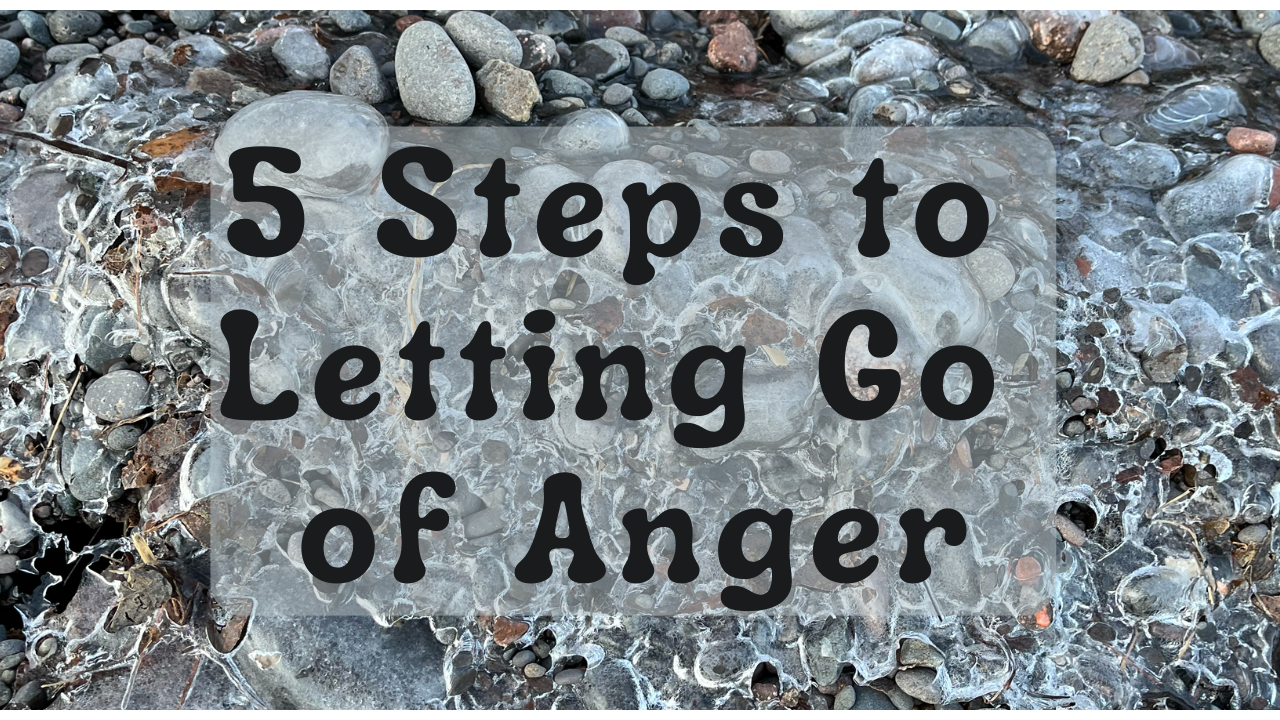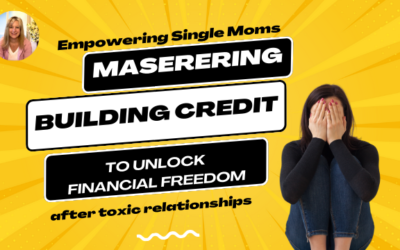It can be difficult to deal with anger, but it is possible to learn how to let it go. Anger may arise from a variety of sources, such as people, stress or frustration with finances, and it can have a negative impact on your life if not managed properly. It could also be that your values don’t align with the person who has angered you. Learn how to identify your values. Fortunately, there are steps you can take to recognize, understand, and ultimately release your
♡Renee
It’s important to make purchases based on your values, goals and financial situation.
With this in mind, the information I provide here is for educational purposes only.
I am always here to help with 1:1 coaching 😊
As an Amazon Associate, I may receive a commission on qualified purchases at no extra cost to you🥳
Being an affiliate of different products that I use and love,
helps me earn income to keep my costs down and avoid advertising on my website.😊
1. Recognize Your Anger
The first step to letting go of anger is to recognize when you are feeling angry. Anger is a normal emotion that everyone experiences from time to time. However, it is important to be aware of how often you feel angry and what triggers your anger. If you find that you are feeling angry more often than you would like, or that your anger is having a negative impact on your life, this is when I found it helpful to work on letting it go and forgiving the person I was angry with.
2. Understand Your Anger
Once you have recognized your anger, it is important to take some time to understand why you are feeling this way. If it is in relation to your values, then it’s important to learn what your values are and why they matter. There may be a specific event or situation that has triggered your anger, or it may be the result of built-up stress or frustration. If it has to do with finances, check out Financial Decisions and emotions: A guide for single moms. If you find that you are feeling excessively angry, or that your anger is out of proportion to the situation, I encourage you to seek a professional so they can give you the tools you need to live a life you love.
3. Accept Your Anger
The next step to letting go of anger is to accept that you are feeling this emotion. It is important to remember that anger is a normal and healthy emotion. However, if you find that your anger is having a negative impact on your life, it may be time to look into getting professional help. Accepting your anger does not mean that you have to like feeling this way, but it does mean acknowledging that this is how you feel in the moment.
4. Express Your Anger
Once you have recognized, understood, and accepted your anger, it is important to express it in a healthy way. Repressing or bottling up your anger can lead to negative consequences, such as anxiety, depression, and physical health problems. Instead, try expressing your anger in a constructive way, such as through writing, art, or exercise. You may also want to talk to a therapist or counselor who can help you process and release your anger in a healthy way.
5. Let Go of Your Anger
The final step to letting go of anger is to actually let it go. This means forgiving yourself for feeling angry and forgiving those who have wronged you. Forgiving does not mean forgetting or excusing the hurtful things that have been done to you; rather, it means releasing the resentment and bitterness that are weighing you down. When you forgive, you free yourself from the negative emotions associated with anger and allow yourself to move on with your life.
If you are the praying type, pray for blessings onto the person who wronged you. If they are attacking you, could it be that it’s just easy to take their anger out on you? Think about it, that person is angry about something and it may not have anything to do with you. It may be that their anger is funneled at you but you are not the root of the problem.
One last thing…
Releasing your anger can be a difficult process, but it is essential for living a healthy life. By learning to recognize and understand your anger, express it in a healthy way, and ultimately let go of it, you can free yourself from the negative emotions associated with anger and move on with your life. With practice and patience, letting go of anger can help you lead a healthier and more peaceful life.









